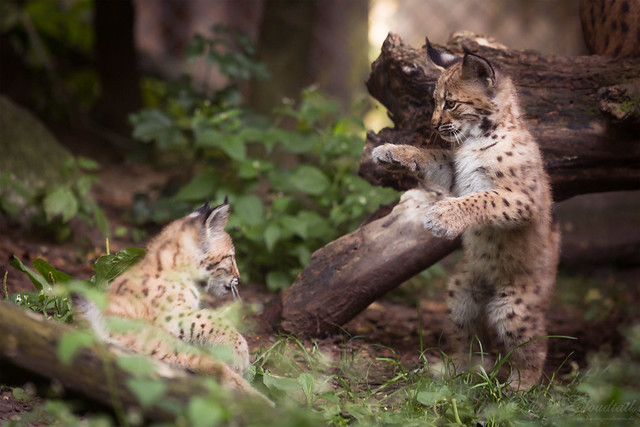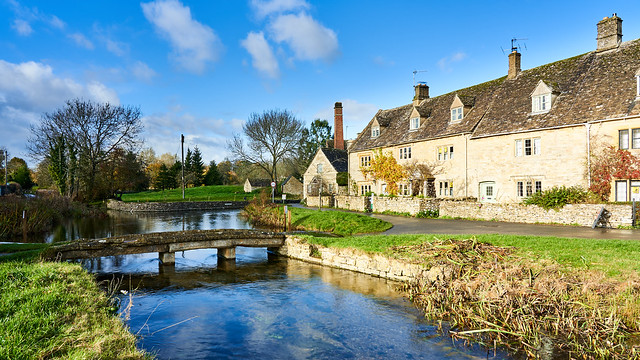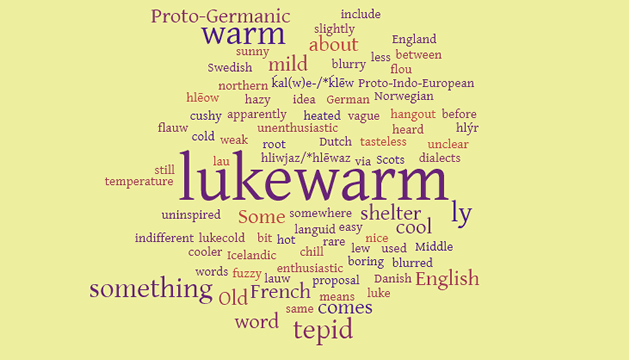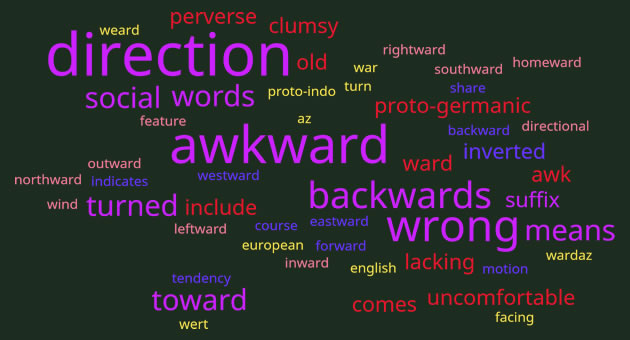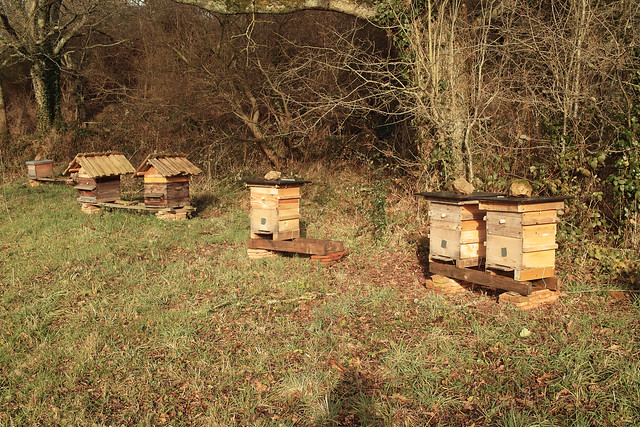In English then word play has a variety of meanings. You can play a role in a play or drama, play a game or sport, play an instrument, play with toys or other things, or just play in general.
In Portuguese, however, there are several different words that can be translated as to play, such as:
- jogar – to play (a game, a sport), gamble, throw, drop
- brincar – to play (with toys), to joke
- representar – to play (a role), to represent, put on, act, make a complaint
- pregar (uma peça em alguém) – to play (a trick on sb)
- bancar (o idiota) – to play (the fool)
According to Carlos Carrion, who sent me this information, these words are translated as to play or the equivalent in most of the languages in Google Translate.
There are several ways to translate to play in Welsh, including:
- chwarae = to play (a game, sport, instrument), amuse oneself, compete, frolic
- canu = to play (piano, harp, organ), to sing, intone, chant
- seinio = to play (a musical instrument), make noise/sound, ring
- piltran = to play at (doing something), potter about, fiddle
- actio / perfformio = to play (a role), to act, perform
Are there different words for different kinds of play in other languages?
Sources: ReversoDictionary, Geiriadur Prifysgol Cymru, Geiriadur yr Academi
